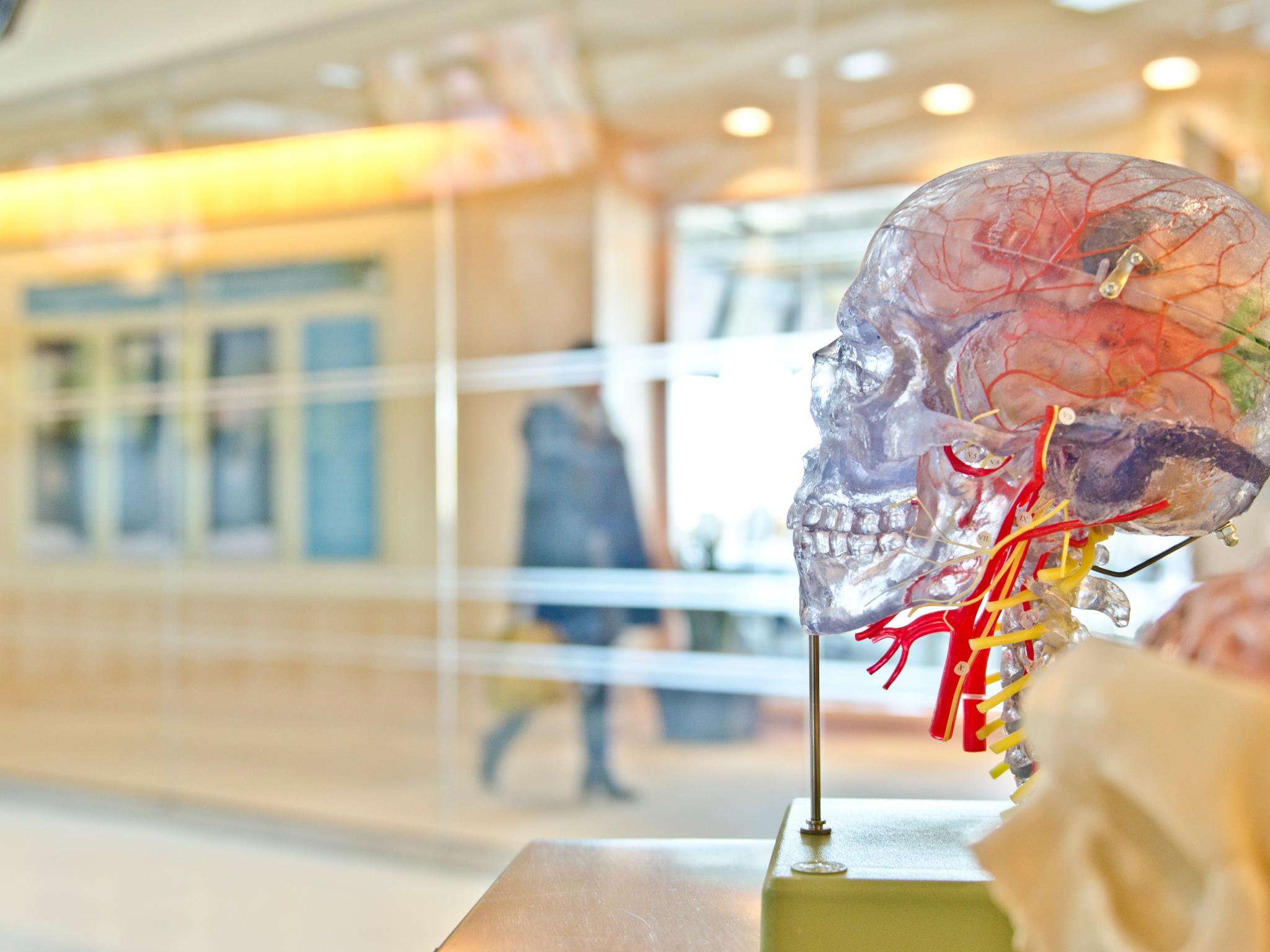
Our brains can be affected by what we consume and what we are exposed to, says neuroscientist Dr. Yasmin Hurd in an online presentation “Neuroscience and Cannabis: Implications for Law and Policy” she gave on 4/20, which was part of the Project on Law and Applied Neuroscience, reported The Harvard Gazette.
Hurd is the Ward-Coleman Chair of Translational Neuroscience and director of the Addiction Institute at the Icahn School of Medicine at Mount Sinai.
Cannabis Is Complex
“Cannabis contains over 500 chemicals, including over 140 cannabinoids that have a greater or lesser degree of psychopharmacological activity,” Hurd said, stressing the complexity of the plant.
What makes cannabis's interaction with the human brain complicated, in addition to the plant's numerous chemicals and cannabinoids, has to do with the human body’s own cannabinoids. Hurd explained that endogenous cannabinoids, or endocannabinoids, are neurotransmitters that monitor cell interaction.
“The endocannabinoid system is critical for regulating how cells speak to each other...governing decision-making, emotional reactivity, and working memory,” Hurd explained. “Because consumed cannabis interacts with the same receptors that endogenous cannabinoids connect to, the activation changes not only how we feel but how we think.”
Referring to intoxication from adult-use marijuana consumption: “If it were benign, nobody would use it...If it feels intoxicating, it means it is binding to a receptor and changing your brain. The question is for how long — and does it increase your risk for psychiatric disorders?”
Chicken Or Egg?
Hurd said that some 30% of people who consume marijuana on a regular basis have a psychiatric disorder. Though she noted that the science is not clear on whether these persons already had a personality disorder they may be treating with cannabis or whether cannabis had a hand in provoking or exacerbaing the disorder.
Marijuana, Stress, Pregnancy
Hurd was clear about marijuana’s negative impact on the developing brain, noting that when pregnant women consume cannabis in any form, the results are significant.
“Placental programming is essential for neurodevelopment and aberrations linked to psychiatric risks."
Researchers have discovered a connection between cannabis use during pregnancy as related to autism and childhood psychosis. A recent study added several more serious health conditions to that list. A small study published in Proceedings of the National Academy of Sciences looked at 322 mother-child pairs in New York City as part of a larger project on stress in pregnancy. The study revealed that cannabis use during pregnancy can affect the placenta and may be connected to higher levels of anxiety, aggression and hyperactivity in children.
Hurd also focused on stress in pregnancy, explaining that marijuana is not always the only culprit for a negative effect on the fetus, “stress produces a much stronger effect,” she said.
Hurd then tackled the legal side of the story: “If we are going to arrest women for smoking cannabis, we should arrest most of society for the stress” in pregnant women.
Cannabis In Adolescence
Dr. Hurd paid special attention to the age of consumers stressing that adolescence is a time of special sensitivity with the prefrontal cortex being the last part of the brain to fully mature in our early 20s. For that reason, this part of the brain can undergo structural changes in young people who consume marijuana, resembling the changes seen in stressful circumstances.
THC Stronger Than Ever
Hurd pointed out that what makes cannabis consumption more complicated now is the variability and strength of the plant.
“Today, we are seeing such high concentrations of THC in cannabis that it overpowers our endocannabinoids,” she said.
Many of Hurd's concerns are in line with Dr. Nora Volkow, a psychiatrist and director of the National Institute On Drug Abuse (NIDA). Volka has said that although there’s no scientific proof that cannabis consumption is harmful when used occasionally and in moderate doses, she admitted to being worried that higher rates of consumption can produce “harmful effects even on the adult brain.” She also noted the risks marijuana usage poses for youth and pregnant women.
In the end, Dr. Hurd advised marijuana consumers to make sure that the cannabis they're consuming does not have high THC content and does contain CBD.
“Do your homework on what you put in your body,” Hurd advised.
Photo: Courtesy of jesse orrico on Unsplash







